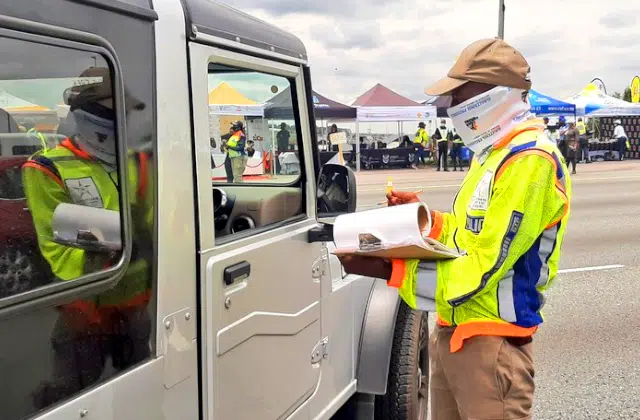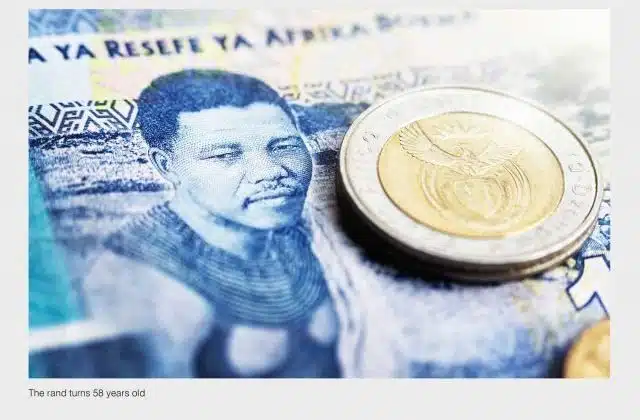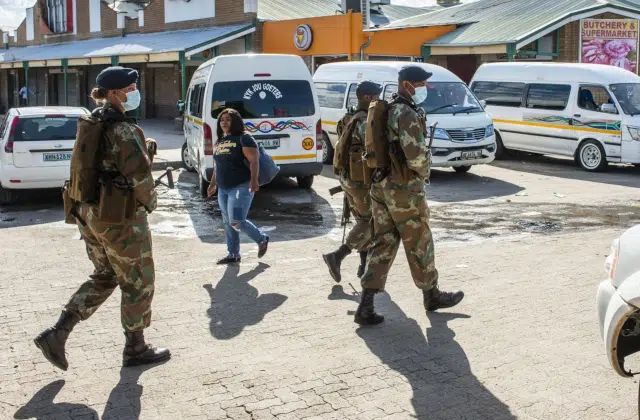
Cape Town’s new traffic rules let authorities impound your car on the spot – what you should know
The City of Cape Town has approved a new traffic by-law which will allow authorities in the city to immediately impound vehicles caught breaking the rules.
The traffic by-law was first promulgated in 2010 to regulate public transport vehicles and traffic within the city’s jurisdiction, as provided for in the Constitution.
Among the additions to the by-law, are those dealing with the powers and duties of authorised officials, equipment on or in respect of vehicles, animals and driving while under the influence.
The impounding of vehicles is currently only allowed in very specific and limited circumstances – such as when vehicles have been abandoned, are operating without a licence or are involved in criminal activities.
With the new approvals, this will be extended to instances where drivers are under the influence of alcohol, drive in a reckless and/or negligent manner or participate in illegal street racing.
Mayoral committee member for safety and security, JP Smith, said that the new by-law will now provide a lot more authority to the city’s traffic services, metro police and law enforcement officials to bring back law and order and improve safety to the 12,000 km of roads within the municipality.
“Amongst other things, this legislation will now take harsh action against those who have continued to show complete disregard for the safety of other road users, including those operating in the taxi industry, those partaking in illegal street racing activities, as well as those who fail to correctly display number plates,” he said.
“This new by-law now adds improved enforcement mechanisms, including that of instant vehicle impoundment. Once finalised, our various enforcement services will receive further training on how to fully utilise all aspects of this new legislation.
“Affected communities who have long since been calling for improved enforcement can rest assured that such relief can be welcomed within the near future,” he said.
The by-law allows for the immediate impoundment of vehicles where they are:
- Driven recklessly or with negligence;
- Deemed to be unroadworthy;
- Failing to properly display either or both number plates;
- Operated on a public road by someone without a valid licence, professional driving permit or any other necessary operating licence;
- Not licenced, or the licence disc has expired for more than 90 days;
- Has been left abandoned;
- Operated by someone under the influence of alcohol;
- Taking part in any unapproved race or speed trial or any racing activity that constitutes a source of danger to traffic. This includes drag racing, driving, popping or wheel spinning.
Notably, the city is extending the enforcement of street racing by-laws to spectators of such events.
When a car is being impounded, the authorised official will issue the driver with a receipt that will indicate the state of the vehicle, its contents, as well as information on where it will be kept and the process which they must follow to release it.
Traffic fine warning
The City of Cape Town has also wanted motorists who are amassing traffic fines without settling them that they face blocked licences or even jail time.
In recent months, the city’s traffic service has executed thousands of warrants for unpaid fines and contempt of court.
In the first five months of this year, city traffic officers executed 30,924 warrants, it said. For April and May alone, the value of the warrants attached to the arrests was over R25 million.
“Among these arrests were several individuals who find themselves on our list of Top 100 offenders or scofflaws. There is no way that someone can amass dozens, if not hundreds of fines and not be aware of them. Nor is it possible that it is purely accidental. They clearly have no regard for law and order, and are taken into custody when apprehended,” said Smith.
People who are arrested on outstanding warrants are either released on a warning with a new court date or taken into custody. There, they have to await a court appearance to apply for bail, and if they are unable to pay the bail amount they remain in custody until their trial date.
In addition, any person with outstanding warrants is unable to transact on the national Traffic Information System (Natis), which means they are unable to renew their vehicle licence, driving licence or transfer ownership of a vehicle.
“These scenarios need not apply if motorists are accountable for their actions and pay their fines on or before the due date. Ideally, motorists should abide by the law and not incur fines in the first place but we all know that the reality is a very different story,” Smith said.
Read: The most violent metros in South Africa: Cape Town vs Joburg vs Durban vs Nelson Mandela Bay



